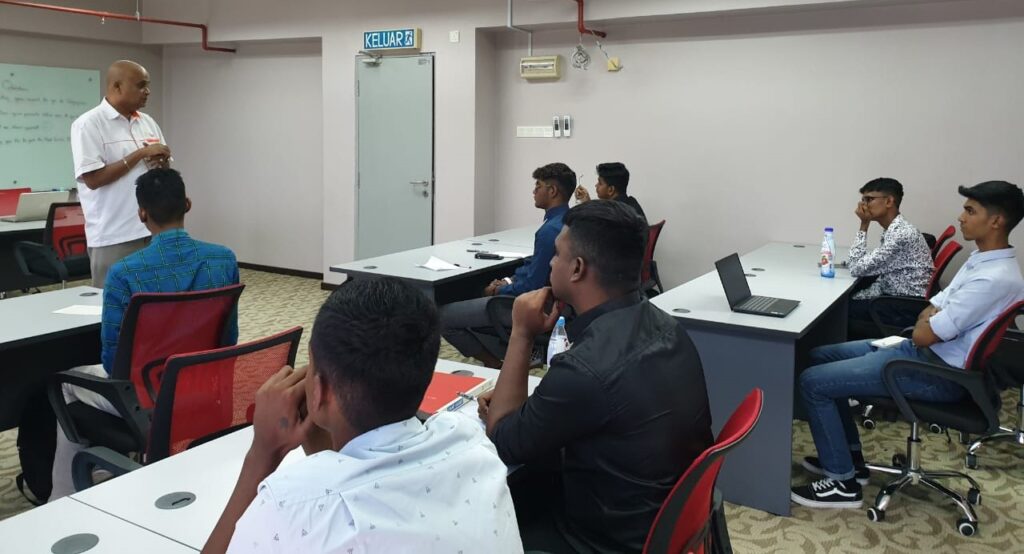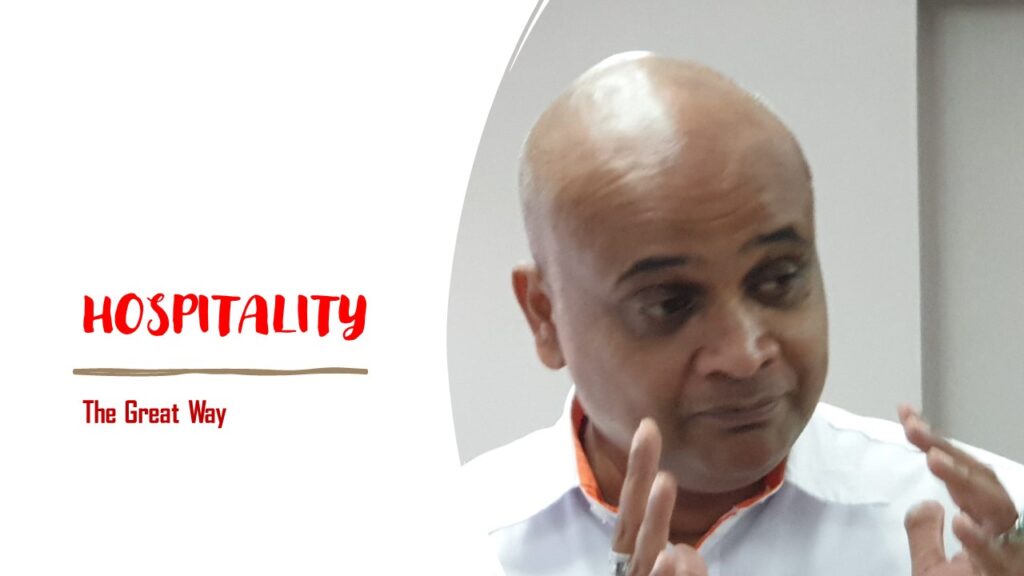
By Dr S. Sri Kumar

COLUMN: Efficient, hard-working, and resourceful personnel are the backbone of any successful hospitality business. Successful hospitality operations are sustained by customer-oriented and hard-working employees who have adequate competencies.
Human Resource Management (HRM) is the management of people to achieve behavior and performance levels that will enhance an organization’s effectiveness. It is a management function that helps managers plan, recruit, select, train, develop, remunerate, and maintain members of an organization. HRM department of is engaged in the anticipation, acquisition, selection, and development of the present and future employee needs of the hotel. It also includes the processes of job evaluation, recruitment, selection, and orientation.
Imagine going on vacation, arriving at the hotel only to be greeted by a young staffer who was more interested in talking on the phone than helping you check-in. The front desk clerk finally rushes through your check-in process after having you wait ten minutes, and you make your way to your room. Once inside, you find that the room still bears the marks of its previous occupants: unmade beds, food boxes littering the floor, and dirty towels on the bathroom floor. What exactly is wrong in here?
The role of HRM is often understated in hospitality businesses. Human Resources Department are bias towards local talent as they prefer the untrained foreign employees in the excuse that they work long hours failing to realize the foreign worker is here to pay his debt.
Structural employee management is weak as in some organisation orientation is done within two hours and the common slogan of training is done by the respective department head and we in human resources only do soft skills. Most Training Managers are not Hospitality graduates who do not understand the industry but more of a mannequin hired to fill a position.
Training & human resources should work together to ensure continuous training takes place and to ensure all employees are performing to their best. Human resources departments in hospitality organisation are considered a cost center and it does not make revenue and always kept in some alley within the organization.
Job analysis, job description and job specification for positions not updated and also stereotyped from different hospitality organisations not taking into consideration of the current hospitality needs. Positions are created as to the old books of human resources or new names created without empowerment and knowing the capability of the individual to carry out the task.
The hospitality industry is highly dependent on its employees; therefore, it is a very labor-intensive industry in which the growth of the industry has a strong impact on employment.
The nature of the services—such as event planning, lodging, and serving food and beverages—provided by this industry requires skilled employees who directly interact with customers and represent the organisation. The hospitality industry offers services and caters to its customers through its employees, which is why this industry needs to invest in its employees. Being a serviceoriented industry, the hospitality industry is human-intensive, and in order to drive success and provide better customer service, having an efficient workforce is necessary.
Effective HRM is one of the main approaches, especially in recruitment, which is critical to the success of the hospitality industry.
Additionally, in order to invest in employees, it is necessary to implement the best HRM practices and develop the skills of employees. Recruitment and selection is the first function of human resource management, acting as the backbone of any organization.
Recruitment and selection is the process of searching for and selecting the best fit for the organisation. This is why the most important thing for the hospitality industry is to encourage potential career seekers to join this industry and make it their first preference.
Recently, the industry has started to focus on hiring from university placement programs, but they are not successful in retaining these fresh graduates because their internal culture does not fulfil the needs of these fresh graduates. There is no focus on the post-hiring promise. This shows that their recruitment and selection process is not effective, which is what is causing the high turnover rate in this industry.
HRM is crucial to the delivery process of tourism products. The concept of “internal marketing”, where employees are perceived and treated as “internal customers” has to be utilized in order to ensure their satisfaction. “The satisfaction of the needs and wants of the internal customers can upgrade their capacity for satisfying the needs and wants of their external customers”.
Dr S. Sri Kumar is the President Malaysian Hospitality Association